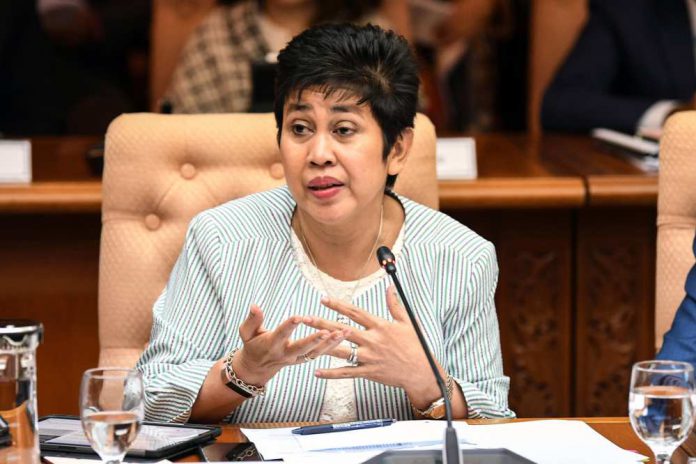KUALA LUMPUR, June 23 — Financial institutions (FIs) need to think creatively to develop new and innovative solutions to fund sustainability projects; taking into account the current challenges faced by businesses and individuals, said Bank Negara Malaysia (BNM) Governor Datuk Nor Shamsiah Mohd Yunus.
Speaking at the Joint Committee on Climate Change (JC3) flagship virtual conference on climate change, she said it would not be sufficient for FIs to use traditional instruments to meet the funding needs.
“For example, blended finance is a viable option for businesses that struggle with the impact of climate change and the losses from the pandemic.
“In combining concessional financing and commercial funding — such as combining philanthropic funds or social finance instruments and traditional lending — blended finance approaches can prevent excessive debt loads that could increase future risks,” she said in her keynote speech at the JC3 Flagship Conference 2021, titled ‘Finance for Change’ today.
Nor Shamsiah said the financial sector can be more deliberate in funding sustainability initiatives and incentivising investments in low carbon sectors.
She noted that there are many such opportunities available, for example, projects under the National Investment Aspirations (NIA) framework; the Malaysian Climate Action Council (MyCAC)’s plan for Malaysia to be a hub for green economy, services and technology; and the Low Carbon Mobility Development Plan 2021-2030.
“There are also significant opportunities for financial institutions to support a green recovery from the pandemic through the provision of transition financing linked to sustainable practices.
“Climate change is not just a scientific issue. It is a business issue and it is a social one, inseparable from the basic obligations of FIs to prudently manage risks, act responsibly towards their customers and create long-term value,” she added.
Nor Shamsiah said the establishment of the JC3 in 2019 by BNM and the Securities Commission in partnership with the industry has served as a key focal point for collective climate actions in the financial sector and across multiple stakeholders.
Consistent with the climate change issues, she said BNM will focus on regulatory and supervisory priorities in the near term to promote a climate-resilient financial system.
“BNM is exploring various options to encourage better risk management approaches by outlier institutions – including through Pillar 2 capital requirements and supervisory assessments,” she said.
Building on the implementation of the principles-based taxonomy and the work by JC3 to address data gaps, BNM’s Financial Stability Committee has recently endorsed a four-year plan to prepare for industry-wide climate change stress tests at the counterparty level, she added.
“This work is supported by efforts within the BNM to model the macroeconomic impact of climate shocks based on defined climate scenarios, and we will be taking further concrete steps to improve transparency on the management of — and exposures to — climate-related risks in the financial sector,” said Nor Shamsiah.
She added that to this end, BNM will finalise plans for mandatory climate-risk disclosures by FIs this year, in consultation with the financial industry.
















